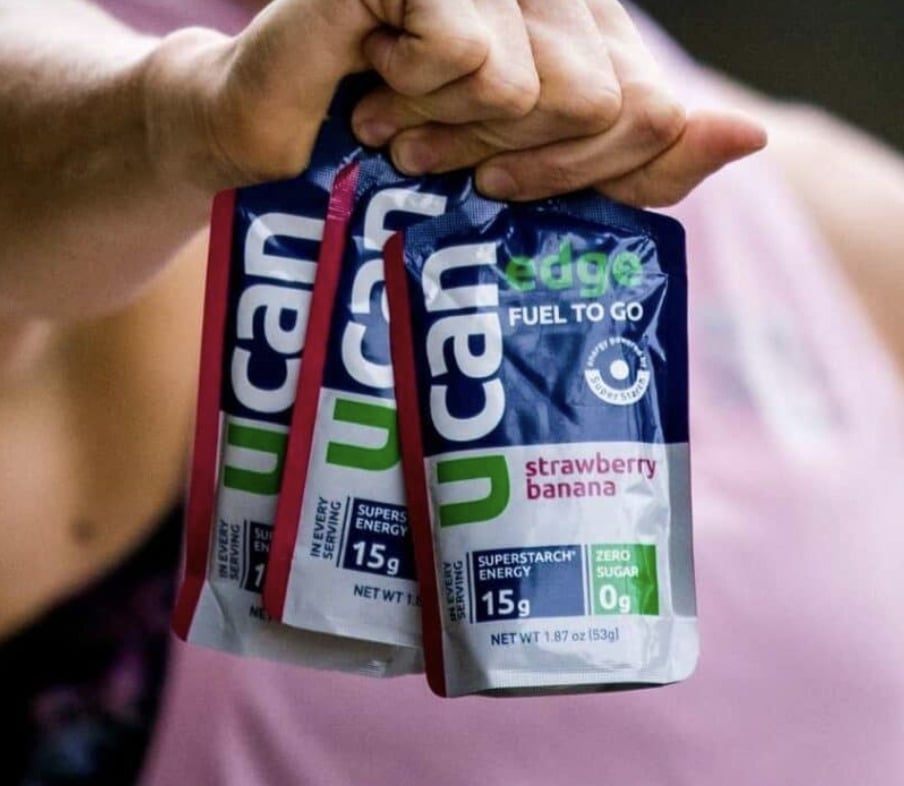7 Epiphanies as an Injury-Prone Runner Training for the Chicago Marathon
We moms wear many hats. Between juggling family, work, school apps, helping with homework, kids’ appointments and sports, any semblance of a personal life… it’s easy to feel like there’s little time left for ourselves. For me, running has always filled that void–it is a source of empowerment and self-discovery. It was before becoming a mom, and even more so when I did.

Unfortunately, my running journey took an unexpected turn when I found myself trapped in an injury cycle just after starting this site, while trying to qualify for the Olympic Trials marathon. This period of struggle led me to re-evaluate my relationship with running and ultimately culminate in my preparation for the 2025 Chicago Marathon—a monumental re-entry into this sport I love–feeling happier and healthier than ever before.
Through reflecting on my training these past ten months, I’ve found seven essential epiphanies that have helped me come back stronger than ever in both body and mind. My hope is that these lessons can resonate with other runners who strive to chase their own goals and help them along the way.
Table of contents
- Epiphanies I’ve Had Training for My First Marathon After Injuries
- 1. You Can Feel Good Training for a Marathon
- 2. Running Can Feel Good in Your Forties (and Beyond)
- 3. You Are Doing Enough
- 4. Trust Your Body
- 5. Train in Increments
- 6. No One Cares About Your Running Like You Do
- 7. Celebrate Your Victories Every Day
Epiphanies I’ve Had Training for My First Marathon After Injuries
1. You Can Feel Good Training for a Marathon
Contrary to popular belief, training for a marathon doesn’t have to leave you utterly exhausted or in constant pain. While many view daunting runs as a badge of honor, I’ve realized that a balanced training approach combines stress with adequate recovery.
This doesn’t mean scaling back your ambitions; instead, it emphasizes a sustainable strategy. When training becomes a source of dread, it’s often a sign of improper balance. You should feel energized, not depleted, with every step you take. Prioritizing recovery will leave you feeling like the best version of yourself.
2. Running Can Feel Good in Your Forties (and Beyond)
As I approached my forties, societal narratives often made me feel like my running peak was behind me. Now, at 44, I can confidently assert that my best running years lie ahead of me. This isn’t just about physicality; it’s about a holistic approach to health and wellness.
Running in my forties has prompted me to prioritize essential elements like sleep, nutrition, and mobility. I feel healthier and, surprisingly, happier. Every run is an opportunity for self-care, reminding me that age truly is just a number.
3. You Are Doing Enough
Runners often find themselves questioning whether they should be doing more—pushing harder, running longer, logging more miles. But here’s an eye-opening truth: if you finish a workout feeling good, that is enough. Success in running lies not in the accumulation of miles but in balance.
Allowing your body time to recover is crucial. More isn’t always better; instead, finding satisfaction in what you do is key to long-term success and joyful running. You are doing enough, so don’t let the pressure to constantly do more overshadow your accomplishments.
4. Trust Your Body
As someone who has battled injuries, I know firsthand the struggle of learning to trust your body again. It’s easy to feel broken or worry that each twinge signifies a setback. But our bodies possess an inherent wisdom—one that often requires time and patience to heal.
Resist the urge to rush recovery or push through discomfort. Listening to your body and allowing it to adapt at its own pace often leads to better, more sustainable results. Trust the process; you are stronger than you think.
5. Train in Increments
Your training should never feel like a high-stakes environment where you must prove your fitness. Instead, it should challenge you while leaving you feeling prepared—not scared. Incremental progress will always trump attempts to leapfrog to peak performance. Leaving workouts feeling accomplished rather than drained indicates that you are on the right track.
Set yourself up for success by planning your training in a way that aligns with where you are—not where you wish to be. This mindset fosters confidence and resilience.
6. No One Cares About Your Running Like You Do
While fellow runners might share some understanding of your journey, the truth is that no one knows your story as intimately as you do. Your challenges, triumphs, and personal milestones are yours alone. For me, after years of hard work and perseverance to get back into shape, it’s vital to focus on making myself proud. Running should be a personal journey fueled by your aspirations.
Ultimately, it’s about your relationship with running—no one else truly understands the mental and physical struggles you have endured to arrive at this point, so embrace your passion for yourself. (Okay, maybe your kids will take an interest—just don’t expect them to fully understand you won’t win the Chicago Marathon!)
7. Celebrate Your Victories Every Day
Shifting from an outcome-oriented mindset to embracing the process is one of the best decisions I made on this journey. Rather than fixating solely on your marathon time or a specific goal, celebrating small victories along the way can bring immense joy. Each run is a step forward, and the progress is worthy of recognition.
I often remind myself of my accomplishments and speak to myself positively: “I am proud of what I’ve achieved today.” These affirmations can feel cheesy, but they are a powerful way to cultivate self-love and recognition of your effort. Celebrate every single step, turn each run into a personal victory, and let that joy fuel your journey.
As I get ready to line up for the Chicago Marathon, I am filled with so much gratitude for my rocky journey because it has illuminated these epiphanies. I truly believe that the rough road has made my relationship with running that much stronger and richer.
As a coach to fellow mother runners, I know my non-linear journey is not unique. So many of us have running journeys filled with twists, turns, and challenges. But, most every mother runner will agree, it’s a journey worth taking.
If you are in a rough patch or struggling with your relationship with running, I hope my journey can help you see the silver linings. Running can be an incredible source of empowerment for us–and sometimes being unable to do so makes it that much more powerful.






